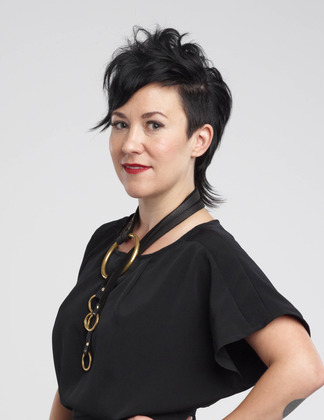
They always retained every advantage of life that could be given them: priests to guide them, teachers to educate them, masters to broaden their understanding and pay them every due attention, and when Unghaahi first noted that the children of the orphanages in the mainland were disregarded and seen as a means to end the suffering of two yearning parents, he made it his object to care for them. In the Haanta society, children or Mivaari, those who were only learning their purpose in the world, were never left unattended.

The children were taken outside and allowed to play within the boundaries of the orphanage yard and though they had toys and playmate enough to occupy them, Unghaahi and Obhantaa Leraa shared concern for them. They would remain for the first portion of the Gods’ Day services but were permitted to leave at the intermission, as children of young age could not be expected to listening to the dronings of an old and tiresome woman for more than an hour. Among those who felt the sting of culpability enough to conform to worship were the orphans, forced into such an unfortunate situation by the brutality of the Galleisian War. It was Gods’ Day, the day upon which all of Frewyn was encouraged to take rest from their work and join the Church services, adding their prayer and supplication to those of the Reverend Mother and the Brothers and Sisters who resided in the boarding house of the Church. Orphans are usually well cared for in these institutions, but nothing increases their spirits like story time from friendly giants. Churches in Frewyn are also orphanages, boarding houses and schools.


During this time, many people in Frewyn attend Church. Gods’ Day is the Frewyn holy day of the week.


 0 kommentar(er)
0 kommentar(er)
